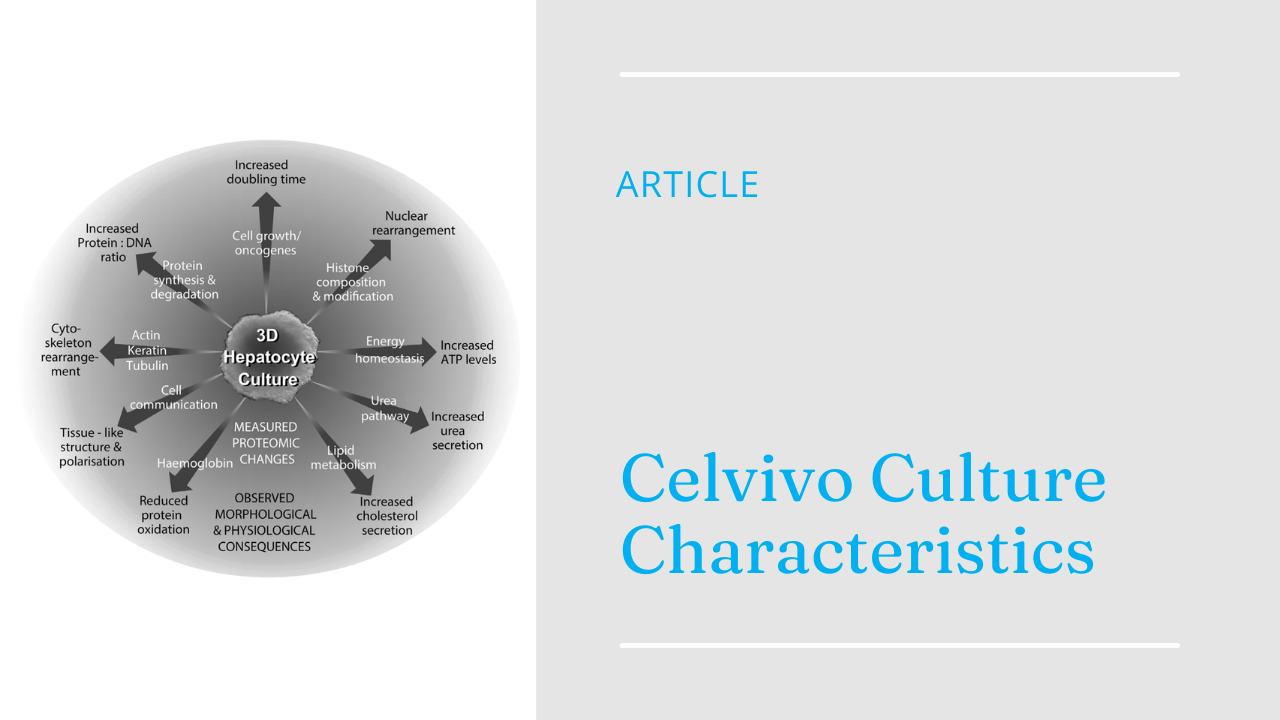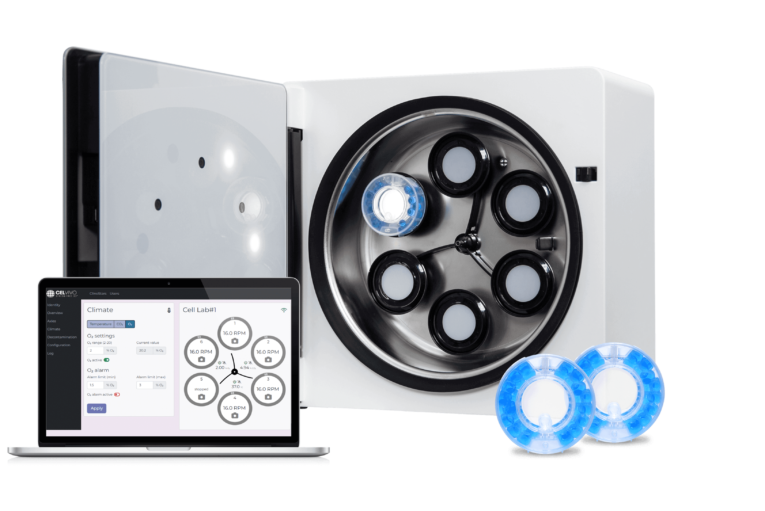Celvivo blog
Read news, articles, and blog posts about 3D Cell Culture.

What the pivot to Human-Based Technologies means for science and how 3D cellular constructs like organoids are part of the Solution.

Explore why traditional cell lines have long been used in cancer research, and whether patient-derived organoids may offer a more clinically relevant model for drug discovery.

This breakthrough publication holds great potential to advance animal agriculture by providing an accessible in vitro blastoid model for studying bovine embryogenesis.

COVID-19 has affected human brain organoids. See this publication about how some BA.5 infected patients are experiencing increased loss of the sense of smell.

In this blog post, we’ll dive into what triple breast cancer is, and how 3D cell culture can play a crucial role in finding novel treatments as illustrated in our newest application note.

In this blog post, we’ll explore the importance and advantages of reducing the introduction of shear stress to your cell cultures and how you can avoid it.

Explore how cell culture has evolved from traditional 2D methods to more advanced 3D models, which better replicate in vivo conditions and improve research relevance.

Celvivo’s system creates an environment that promotes the growth and maintenance of large 3D tissue structures, whether they are spheroids, organoids, or other aggregates.

In this blog post, we discuss the importance and benefits of being able to control oxygen levels in incubators when working with cell culture.
Start mimicking in vivo today

